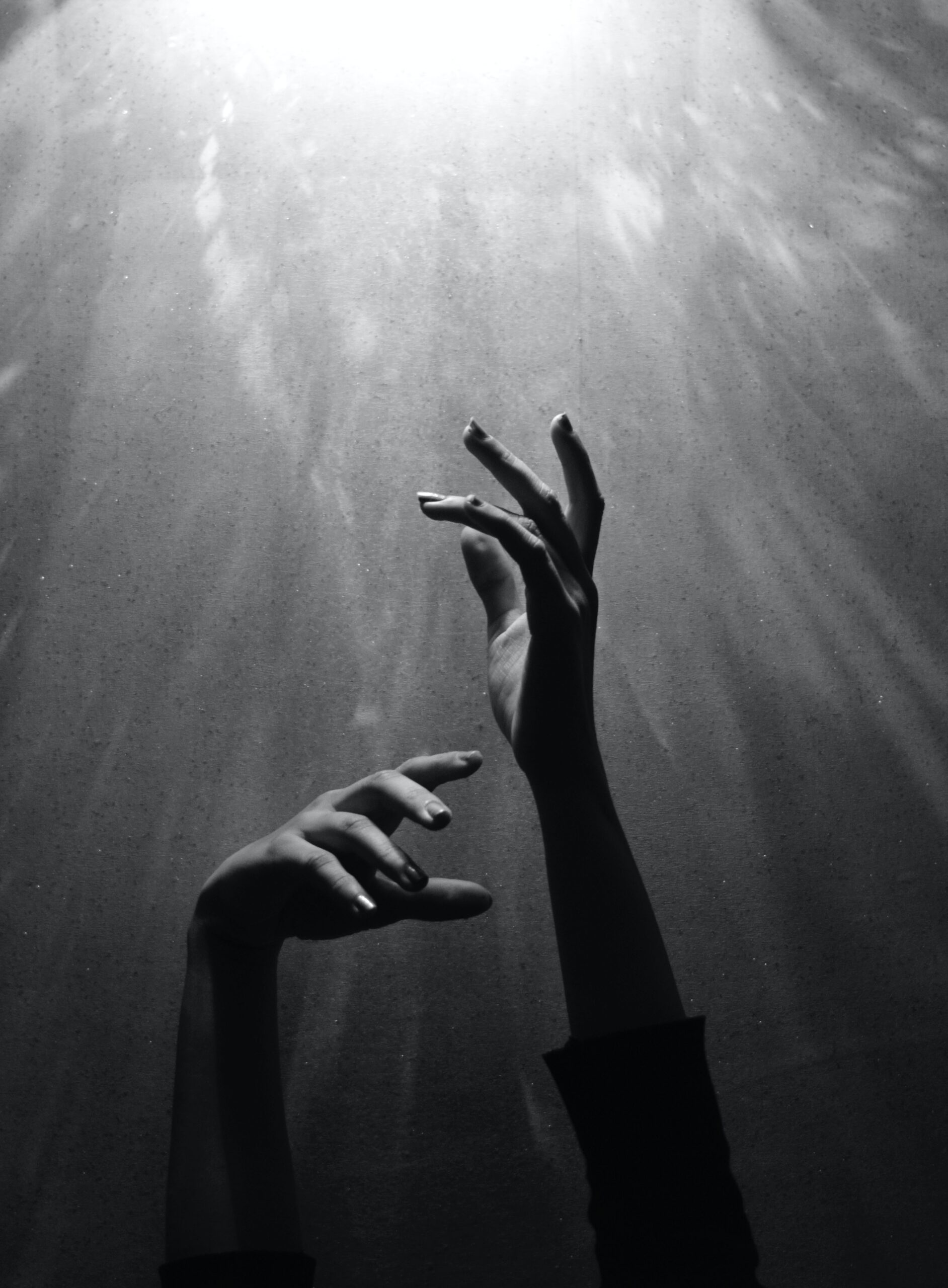How do we come to recognise that we are traumatised?
At what point in your life do you allow yourself to be excused—and to excuse yourself—because you finally realise you have The Trauma?
When I say ‘finally’ I mean that as adoptees we have lived our lives thinking that we were ‘not quite right’ because we had issues in our relationships, friendships, and attachments, difficulty with trust, intense fear of rejection, or had certain idiosyncrasies, thoughts, anxieties, behaviours that we just didn’t understand and so we thought we were just a little odd or felt different from our peers.
We all have our own idiosyncrasies, sure, but when a gaggle of adoptees come together on our weekly peer support Zooms, only then do we realise that we share many traits. And the more we share with each other (often as our sole support network), we discover that our collective trauma was not and is not properly recognised or acknowledged. It was hidden from society so that even we ourselves couldn’t claim it.
What do I mean when I talk about adoption trauma?
Many of us find that as we meander through our lives, we find it difficult to cope with significant life events, or life transitions, often feeling anxious for no reason and always on high alert or extra-sensitive to potential threats.
Our preverbal trauma literally had an effect on our brain development: physiological effects include raised levels of cortisol and adrenaline, which can lead to hyper-vigilance, constant anxiety, sleep disorders and eating disorders. Substances are often used to self-soothe. Many of us have large chunks of missing memories, where our brains were trying to protect us from trauma.
How have I come to recognise this trauma?
Because I’ve done my own work, tried to understand myself, to put into context what happened to me, I try to be gentle with myself in acknowledging that I have no recollection of a Self that is pre-trauma—that my biggest trauma is preverbal and therefore so far deep inside of me and intrinsically linked to me that I almost can’t see the wood for the trees.
I’ve been through counselling and had pills thrust upon me by doctors, but until recently nobody brought up my maternal separation and subsequent struggles in my adoptive family as being so traumatic as to have given me The Trauma—almost as if it were irrelevant and that the problem was actually me.
I know now that there is nothing bad or broken with me as a person and nothing wrong with who I am at my core. Now I understand that it was what happened to me that has given me The Trauma. A trauma so misunderstood and misdiagnosed that I wasn’t permitted to experience it.
Complex Post-Traumatic Stress Disorder (CPTSD) and the unhelpful adoption narrative
I now believe, aged 49, that I have CPTSD. I know from the way that my body and mind behave and after decades of trying to hide or mask this (which is truly exhausting) that I’m ready to face it head-on, to be my authentic self (which is a relief). So, I’d like a permission slip, please.
Permission to be just who I am, with my flaws, my weaknesses, my idiosyncrasies. Permission to cut out the bullshit, to smash that narrative of being ‘lucky, chosen, grateful, having been given a better life’ not just for me, but for many adoptees who are suffering in similar ways.
ACEs – Adverse Childhood Experiences
Despite all of this, adoption itself is not considered to be an ACE (Adverse Childhood Experience). I want to know why. I don’t think enough research has been done. Or I think the research may be skewed somehow.
Some adoptees are, through no fault of our own, in the FOG (Fear, Obligation, Guilt) about our experiences, meaning that we are conditioned to be complicit in the positive adoption narrative; we carry shame, and guilt, for our feelings, we want to protect our adoptive parents from how they feel deep down, so we internalise. And I’m not throwing shade—I was there myself for a long time.
So how do we conduct research that traces outcomes for adult adoptees when we’re often not even asked the right questions when we seek help? And when many don’t even seek help because it’s too scary, or we feel we ourselves are to blame, or when we don’t even have the language to articulate what we are really feeling?
How can we try to bring about change for better adoptee support?
How do we bring to attention how we feel? How do we change the narrative? How do we get proper support—proper diagnoses and trauma-informed counselling?
We are trying—a very small group of UK adoptees in our Adult Adoptee Movement—few in number, yet determined to challenge attitudes to historic adoption, striving to change the narrative on adoption and trying to educate and advocate for proper, trauma-informed support and counselling.
We are not a ‘whiny bunch’ as some people think—’shouty adoptees’ I think an adopter called us on Adoption UK’s group forum (with a reassurance from their moderator that they would be bringing someone in to oversee content which was potentially upsetting for adopters to see: adoptees talking about their adoption trauma).
Studies
Whether adoptees consider themselves to be perfectly fine, or to have had a happy/successful adoption, a study by Margaret Keyes reported that the odds of a suicide attempt were 4 times greater in adoptees compared with non-adoptees. Not a good statistic.
Paul Sunderland, an addiction counsellor, noticed that adoptees are significantly overrepresented in addiction counselling for substance misuse and abuse.
We need support. Before it is too late.
